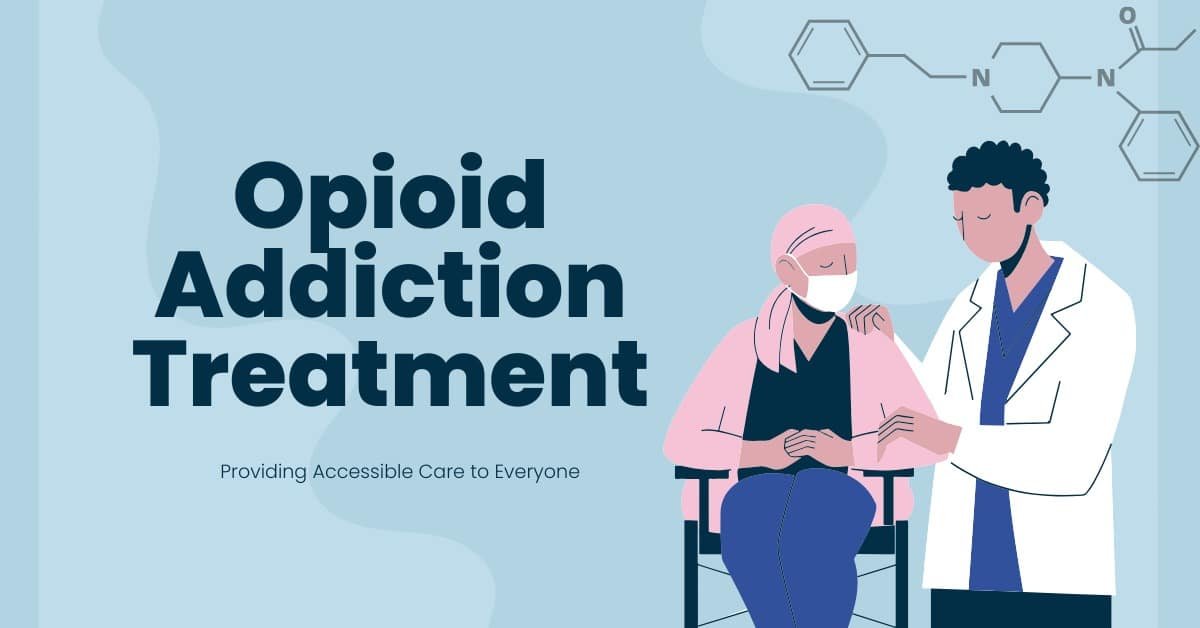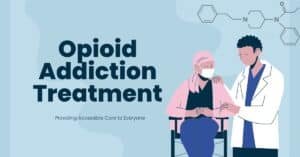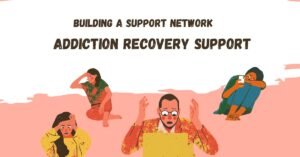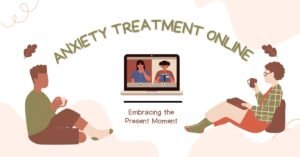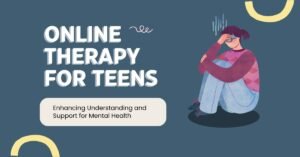The opioid crisis has been a pressing public health issue, causing devastating impacts across the globe. With the rise of telemedicine, there’s new hope for more accessible and effective opioid addiction treatment. This integration of technology into healthcare delivery has been particularly significant for those battling opioid dependence, offering innovative approaches that can be administered remotely. At Passages WV, we are at the forefront of employing these advanced solutions to combat opioid addiction effectively.
Revolutionizing Opioid Addiction Treatment Through Telemedicine
Telemedicine has transformed opioid addiction treatment by making vital healthcare services accessible to more people, especially those in remote or underserved areas. This shift towards virtual care platforms allows patients to receive continuous support without the stigma or logistical barriers that often accompany traditional treatment methods.
Expanding Access to Medication-Assisted Treatment (MAT)
One of the most effective treatments for opioid addiction is Medication-Assisted Treatment (MAT). MAT combines medications such as Buprenorphine, Methadone, or Naltrexone with counseling and behavioral therapies. The challenge has always been accessing these treatments, especially in rural areas. Telemedicine bridges this gap by enabling patients to consult with addiction specialists and receive prescriptions online. Regular virtual check-ins ensure that patients adhere to their treatment plans, providing a level of accountability that is crucial for recovery.
Continuous Care and Monitoring
Telemedicine facilitates a more integrated approach to care management. With online platforms, healthcare providers can offer continuous monitoring and adjustment of treatment plans as needed. This ongoing management is crucial for dealing with opioids due to the high risk of relapse. Virtual tools can track everything from medication adherence to changes in patient behavior, allowing for timely interventions that are essential for successful recovery.
Support Beyond Medication
Recovery from opioid addiction isn’t just about managing physical dependence—it also involves addressing the psychological aspects. Telemedicine platforms provide access to a wide range of mental health services, including individual therapy, group sessions, and family counseling, all of which are vital for comprehensive treatment. These services can be accessed from the privacy of the patient’s home, reducing the stigma and encouraging more individuals to seek help.
Challenges and Solutions in Telemedicine for Opioid Addiction
While telemedicine offers numerous benefits, there are challenges that need to be navigated to maximize its effectiveness in treating opioid addiction.
Regulatory Barriers
The use of telemedicine, particularly in administering MAT, is highly regulated. Providers must navigate complex regulations that can vary significantly from one jurisdiction to another. To address these challenges, healthcare providers and telemedicine services must ensure strict compliance with regulatory requirements, which might involve securing appropriate licenses and certifications that allow them to offer services across state lines.
Technology and Privacy Concerns
Ensuring that patient data is secure and that privacy is maintained is paramount in telemedicine. Providers must use platforms that are compliant with healthcare regulations such as HIPAA in the United States. Additionally, patients need access to reliable internet and private spaces to participate in telehealth sessions, which can sometimes be a barrier.
Overcoming Skepticism
Some patients and providers may be skeptical about the effectiveness of remote treatment. To overcome this, education is key. Providing clear information about how telemedicine works, its benefits, and its success rates can help in building trust and encouraging more people to utilize these services.
The Future of Opioid Recovery Programs in Telemedicine
As technology continues to advance, the potential for improving opioid addiction treatment through telemedicine is enormous. Innovations like artificial intelligence and machine learning could further enhance the effectiveness of telemedicine services by providing deeper insights into patient behaviors and predicting potential relapse.
Conclusion
The integration of telemedicine into opioid addiction treatment represents a significant advancement in combating this crisis. It offers hope and much-needed support to those who might otherwise struggle to access effective treatment. At Passages WV, we are committed to utilizing these technologies to provide compassionate, effective care and to support our patients every step of the way toward recovery.

